Tarentrum was an ancient Greek city located in southern Italy that was threatened by the ever expanding Roman Empire. To prevent this, Tarentum concluded an alliance with King Pyrrhus of Epirus.. The Epirot army under Pyrrhus completely defeated the Romans in several battles and inflicted a steep cost on the Romans. However, these stunning victories, came at a steep cost for Pyrrhus who lost much of his army to these battles. Pyrrhus is reported to have said, “Another such victory and we are undone”. As a result, Rome with its endurance and endless replenishments defeated the army of Pyrrhus who later fled Italy.
Evolution of Missile Defence Technology
Throughout the Cold War, the United States and the Soviet Union invested heavily in rocket defense systems in the frame of their operational missions. The scientists of the 2 countries created progressively sophisticated anti-ballistic missile systems to destroy any incoming ballistic missile before it reached its target. As a result, the concept of mutually assured destruction eventually came into doubt. This lead to the exponentially excessive nuclear stockpile of the two superpowers; their goal in a potential conflict was for the maximum number of warheads to escape each other’s lands-based missile defenses. Therefore, the simple existence of the systems made them less rather than more secure.
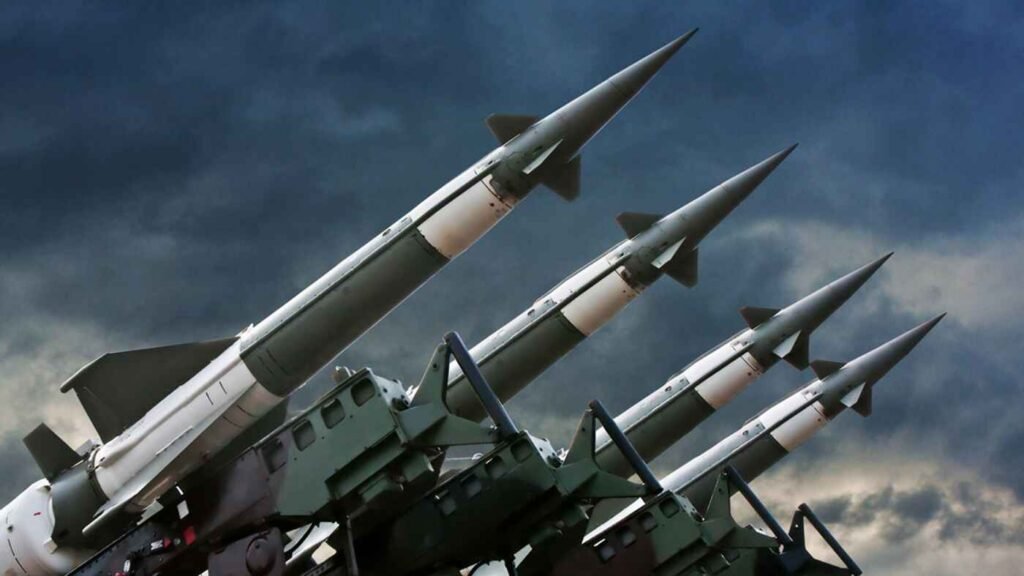
The Iron Dome and Israel’s paradox
People often tout Israel’s Iron Dome as the world’s most advanced short-range missile defense system. It boasts a high interception rate of almost 90% . It has been crucial in protecting civilian areas from short-range projectiles such as rockets and artillery. However, the system’s success presents a paradox.
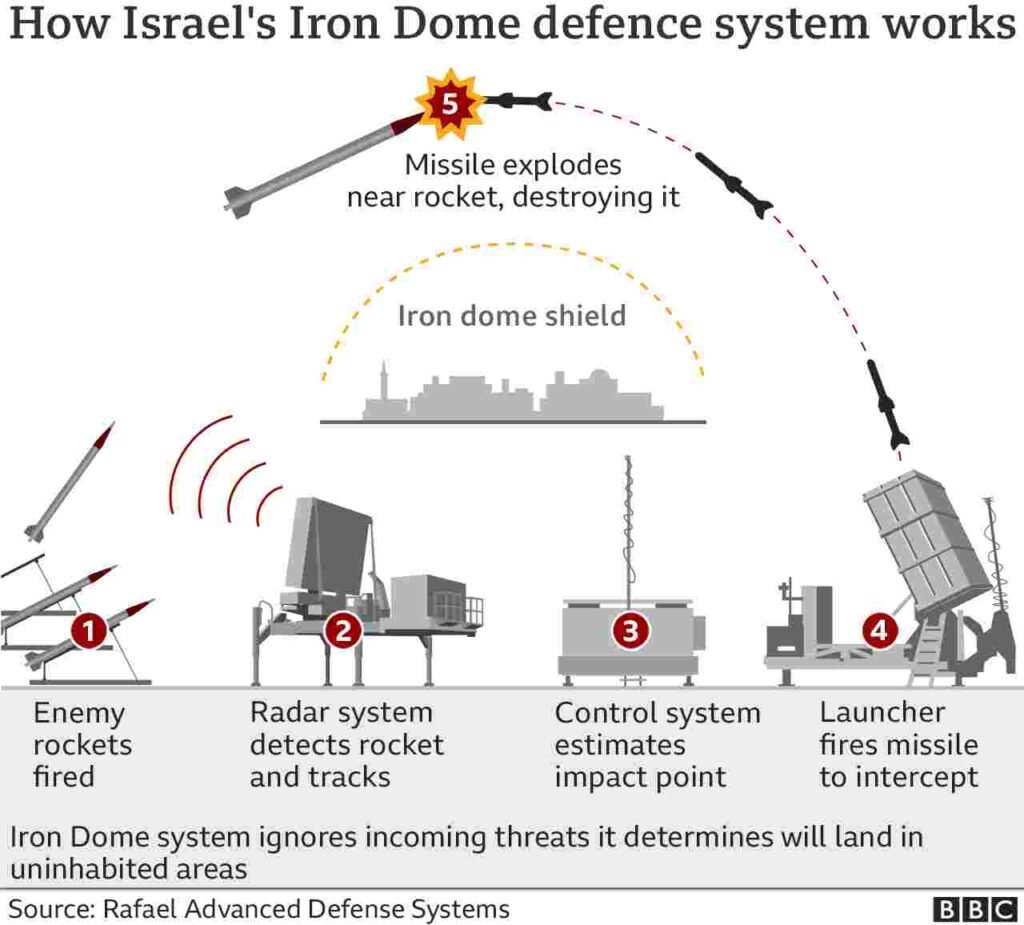
Much like Pyrrhus, Israel risks losing too many of its missile interceptors to a sustained missile offensive by Iran and its proxies, which will cost Israel and the US billions of dollars in the long run. While an Iranian drone costs just under $20,000, an Israeli missile interceptor used against it costs a whopping $100,000. The crude short-range missiles that Hamas and Hezbollah fire cost even less at $300-500. Thus, while Israel may celebrate its interception of the Iranian Missile barrage as a victory, it is not rich enough to score such further victories.
The bill for the replenishment of these missile interceptors is so high that the US must fill in the bill that totals to around $1.6 billion a year! In fact, during most of Israel’s conflicts with Hamas and Hezbollah, the US drastically increases funding for the production of these missiles. In 2016, the Obama administration promised to provide Israel with an estimated aid of $38 billion over the next decade. Of this massive aid, $5 billion were promised to be invested in Israel’s air defence.
The Costs for Israel
Iran and its proxies are well aware of this fact and are tempted to wear down Israel’s air defences. This is an attempt to put unbearable economic costs on the Jewish country. The environment created as a result of this will not only necessitate further Israeli investments into it’s defence but will also dissuade investors from investing in the country. Already the firing of rockets by Hezbollah in the North has displaced thousands of settlers. This has massively damage the economy of Northern Israel and raised the costs for Israeli Government to repatriate these refugees. The absence of workers in the economy who now serve as reserve soldiers is also a factor. Israel is having to subsidise the salaries of almost 360,000 reservists who are waging war in Gaza. Most of these reservists work in the IT sector.

Just this month, Samsung Next left Israel after global calls for boycott and Israel’s worsening economic situation. There are more than 500 multi-national IT firms working in the country. However, it remains if others will follow suit as well. In November last year, the Bank of Israel predicted a hit of $53 billion to Israeli economy. This makes up almost 10% of Israel’s GDP!
Conclusion
Thus a paradox emerges. The Iron dome is creating a false sense of security in Israel which is encouraging the country to continue the current conflict without much physical damage to itself. However, this false sense of security is playing into the hands of Israel’s adversaries who continue to impose massive economic costs on the country. We have yet to see when these massive costs will become unbearable. The fact of the matter remains that the core problem of this conflict remains unsolved ie the Palestine question. Israel’s Iron dome may be preventing a diplomatic approach to this conflict which otherwise has taken a militarised direction. While Israel’s anti-air defenses are impressive and provide critical protection, they also reflect the broader dilemma of modern warfare: the belief that security can be achieved solely through military strength.







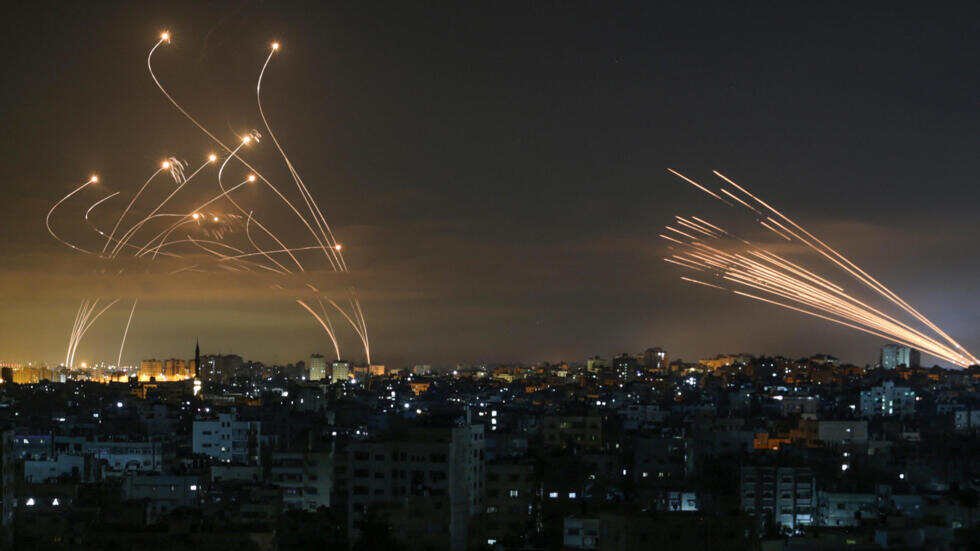



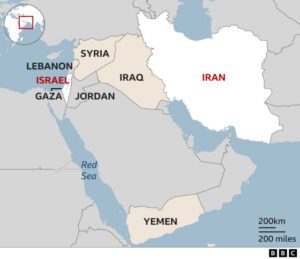


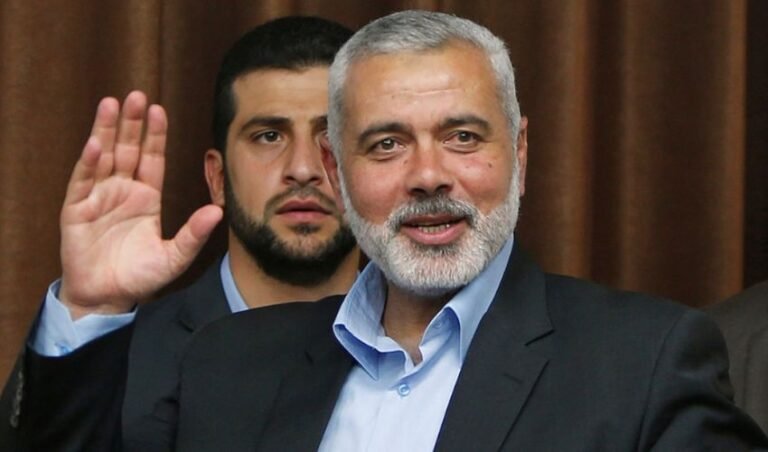
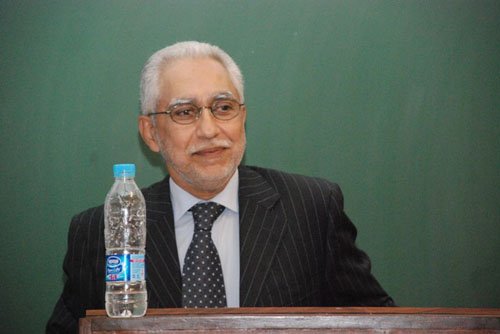


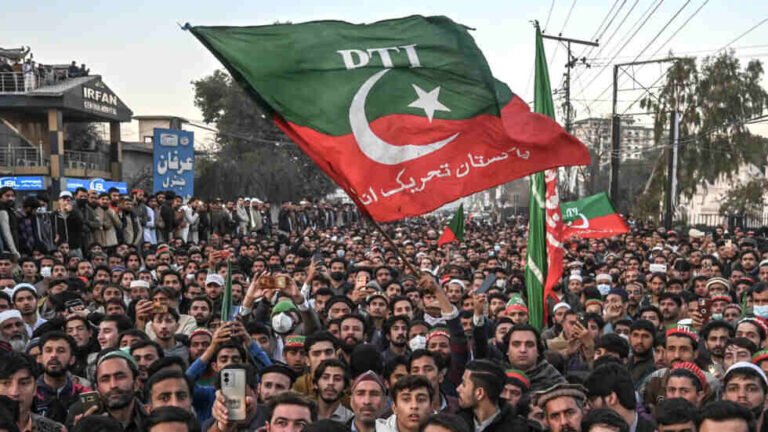
+ There are no comments
Add yours